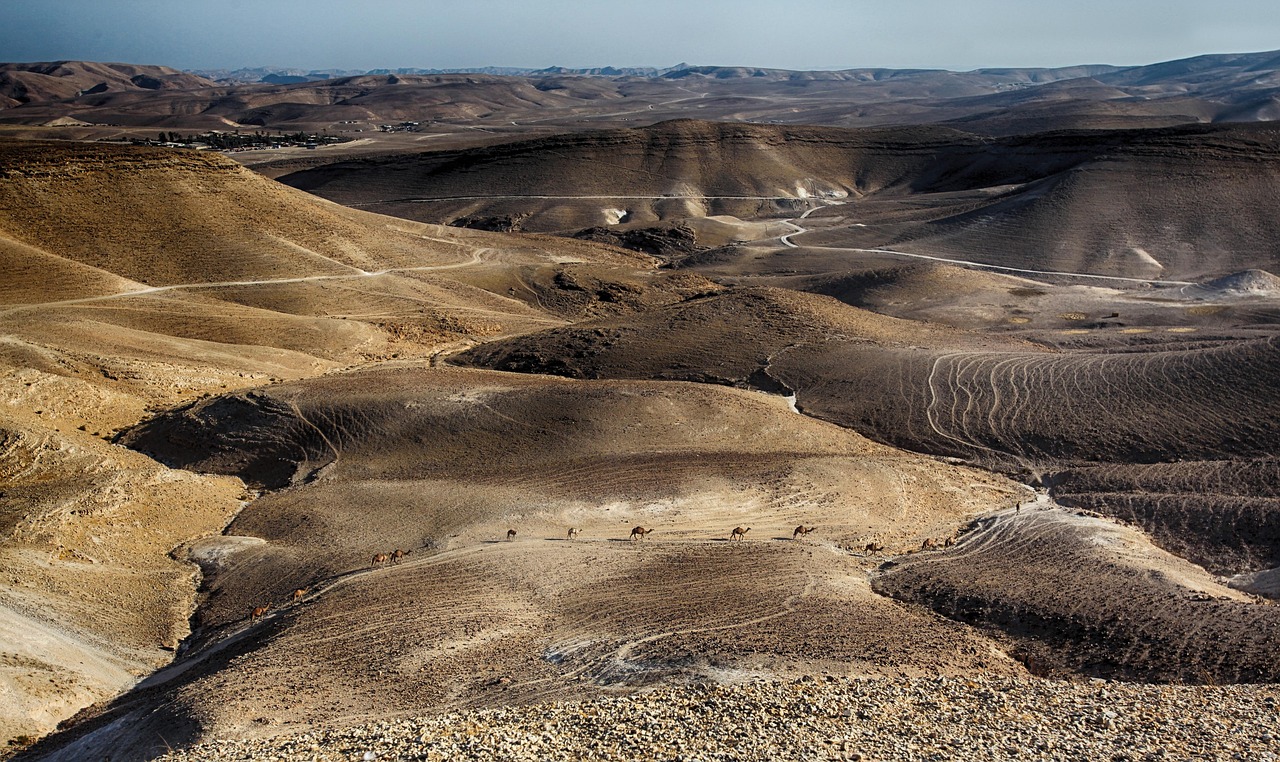Then Jesus was led up by the Spirit into the wilderness to be tempted by the devil.
-Matthew 4:1 (ESV)
It can be easy to confuse God being for us with our lives going smoothly. Easy to believe our hardships will cease once we begin a relationship with Him. We believe the old saying that “God will never give us more than we can handle.” So when everything does not go as we wanted, or life brings hardship and trials, it can make us question God’s goodness or even His existence.
Right before this verse, in Matthew chapter 3, Jesus is baptized. Scripture says when this happened that “immediately he went up from the water, and behold, the heavens were opened to him, and he saw the Spirit of God descending like a dove and coming to rest on him; and behold, a voice from heaven said, ‘This is my beloved Son, with whom I am well pleased,’” (Matthew 3: 16-17). In this moment, God makes it clear who Jesus is. He makes it clear who he is in relationship to Him. Jesus is God’s Son, who he loves. With whom he is pleased. Health and wealth theology would have us believe that what follows next is an easy, comfortable, prosperous life.
And yet, in the next verse, Jesus is led by the Spirit into the wilderness. The same Spirit who just descended on him like a dove, and publicly claimed him to the world. The Judean wilderness was and is an unforgiving, desolate place. It is a desert, with sand and rock that stretches on for miles, with little to no water or vegetation. God is not bringing his beloved Son on a lush, relaxing vacation. No, he is leading him into a place of hardship, of suffering.
Over the next forty days, Jesus will suffer physically through extreme hunger, and although not stated in the passage, it is safe to assume that based on the terrain he also suffered from heat and exhaustion. He suffered emotionally from temptation by the devil: questioning his identity, his power, and God’s care for him. Sometimes the places that God leads us into are not easy. Quite the opposite. They can be fraught with hardship and suffering. However, he does not expect us to endure any of it alone.
At the end of Jesus’s time in the wilderness, it says that “angels came and were ministering to him,” (Matthew 4: 11). If Jesus, who was God in the flesh, received aid after this experience, then what does that say about us as mere humans? I think that, indeed, sometimes God does give us more than we can handle. He always provides a way out of sinful choices (1 Corinthians 10:13), but sometimes our suffering is too much for us to bear alone. That does not mean, however, that it is too much for God to handle.
Maybe sometimes God leads us into places that are too much for us to bear so that we will lean on Him, let Him carry the burdens that weigh us down. So that we will come to a place of dependence. “Come to me, you all who are weary and heavy burdened, and I will give you rest” (Matthew 11:28, NIV). God does not leave us alone in our suffering, but instead asks us to bring it to Him, that He might bear it with us. Admitting our weakness and sharing our suffering with Him builds intimacy between us and our Creator. Because even when the weight of the world is too much for us, God easily carries the weight of this world that He created.


